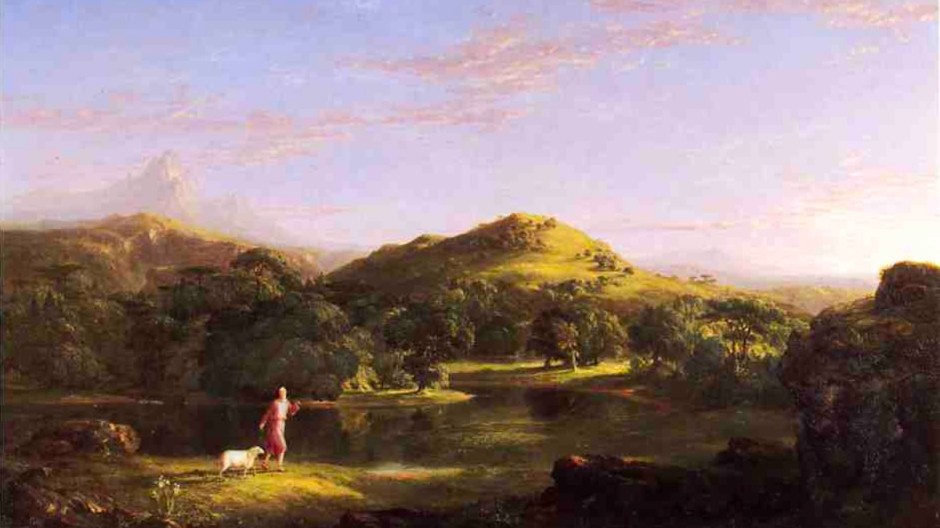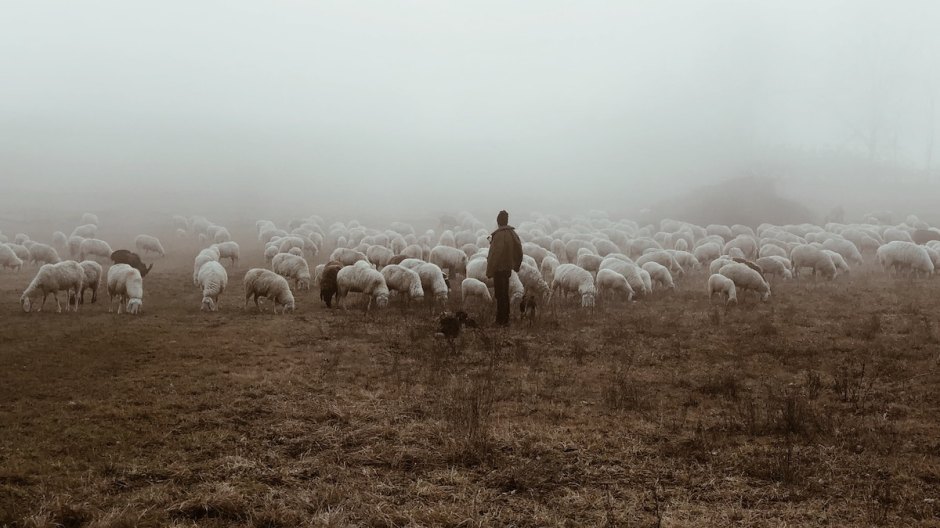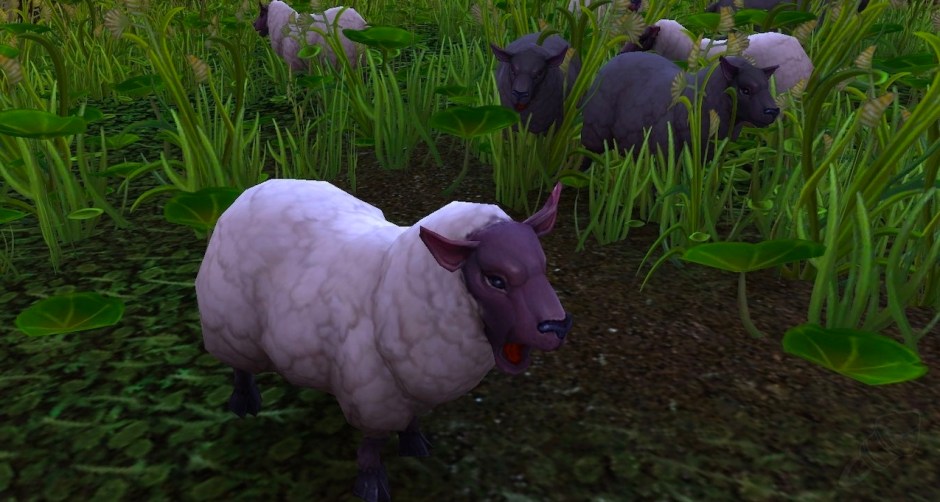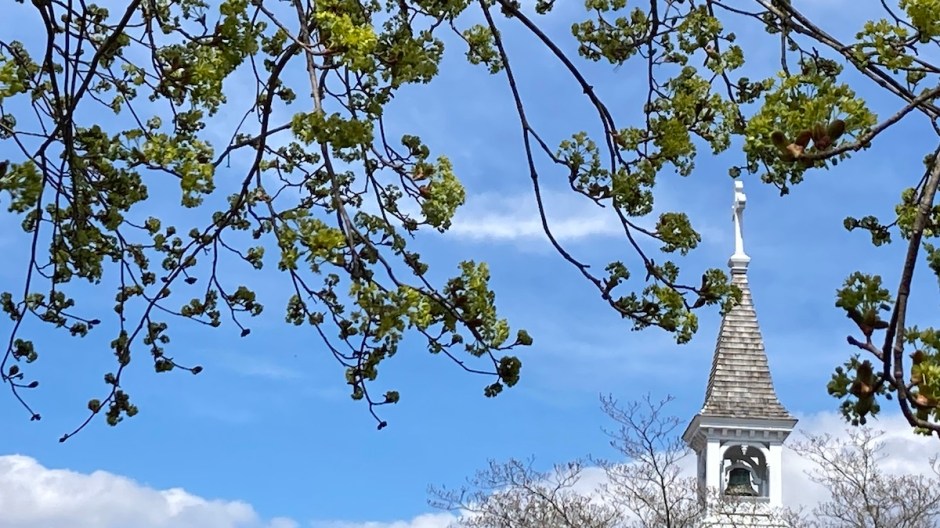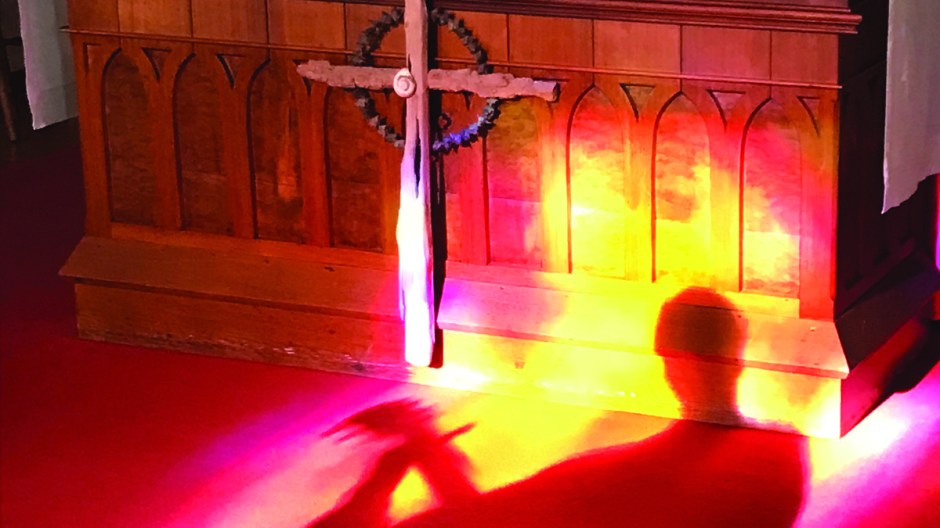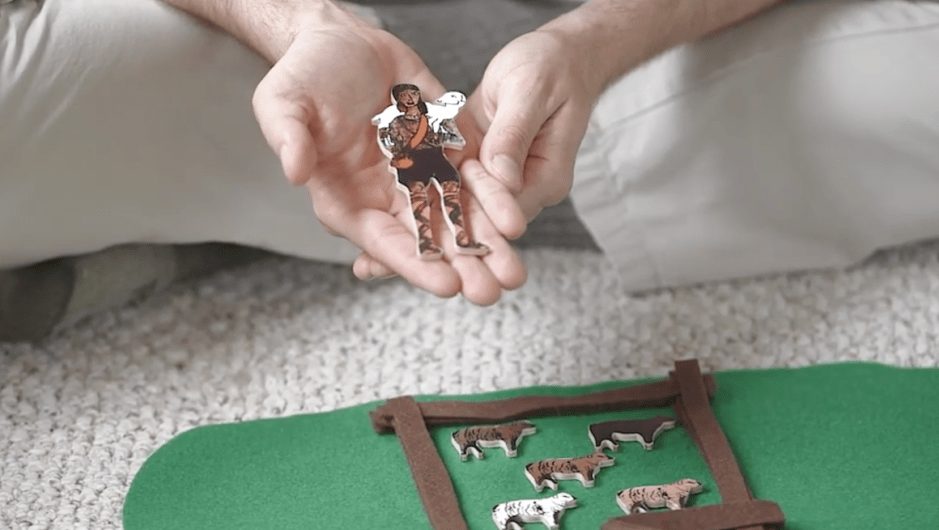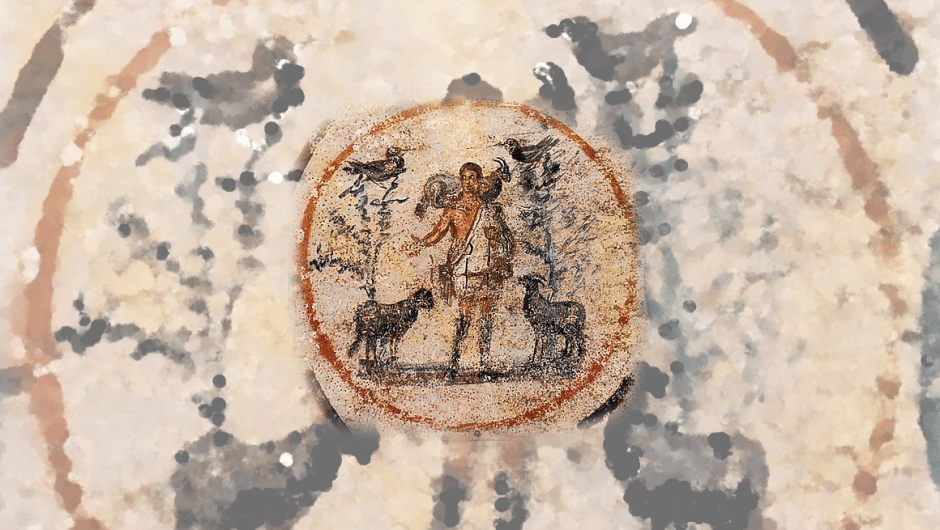Sermon for Sunday, November 26, 2023 || Reign of Christ A || Ezekiel:11-16, 20-24; Matthew 25:31-46
Next Sunday we begin again – another new year in our cycle of celebrations of God’s presence in our midst. But as the 90s band Semisonic reminds us, “Every new beginning comes from some other beginning’s end.” That end happens today. Today we end the current church year with the feast that marks this ending. For years now, I’ve been calling it “Reign of Christ” Sunday instead of its more common name, “Christ the King” Sunday. This morning, I’d like to explain why I made that shift because its theological implications are important for our walks of faith. My apologies ahead of time since this sermon is going to be pretty heavy on history. Hopefully, I have risen far enough from my tryptophan coma to make the next ten minutes make sense.
Continue reading “The Shepherd and the King”
